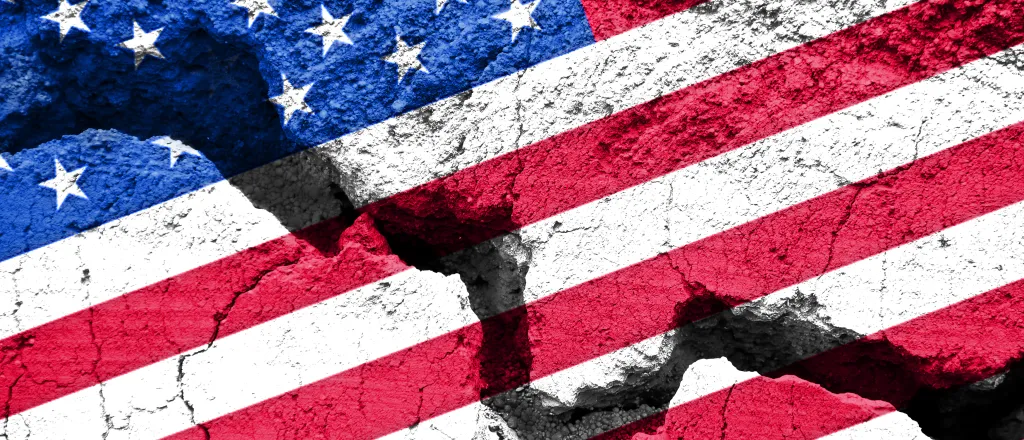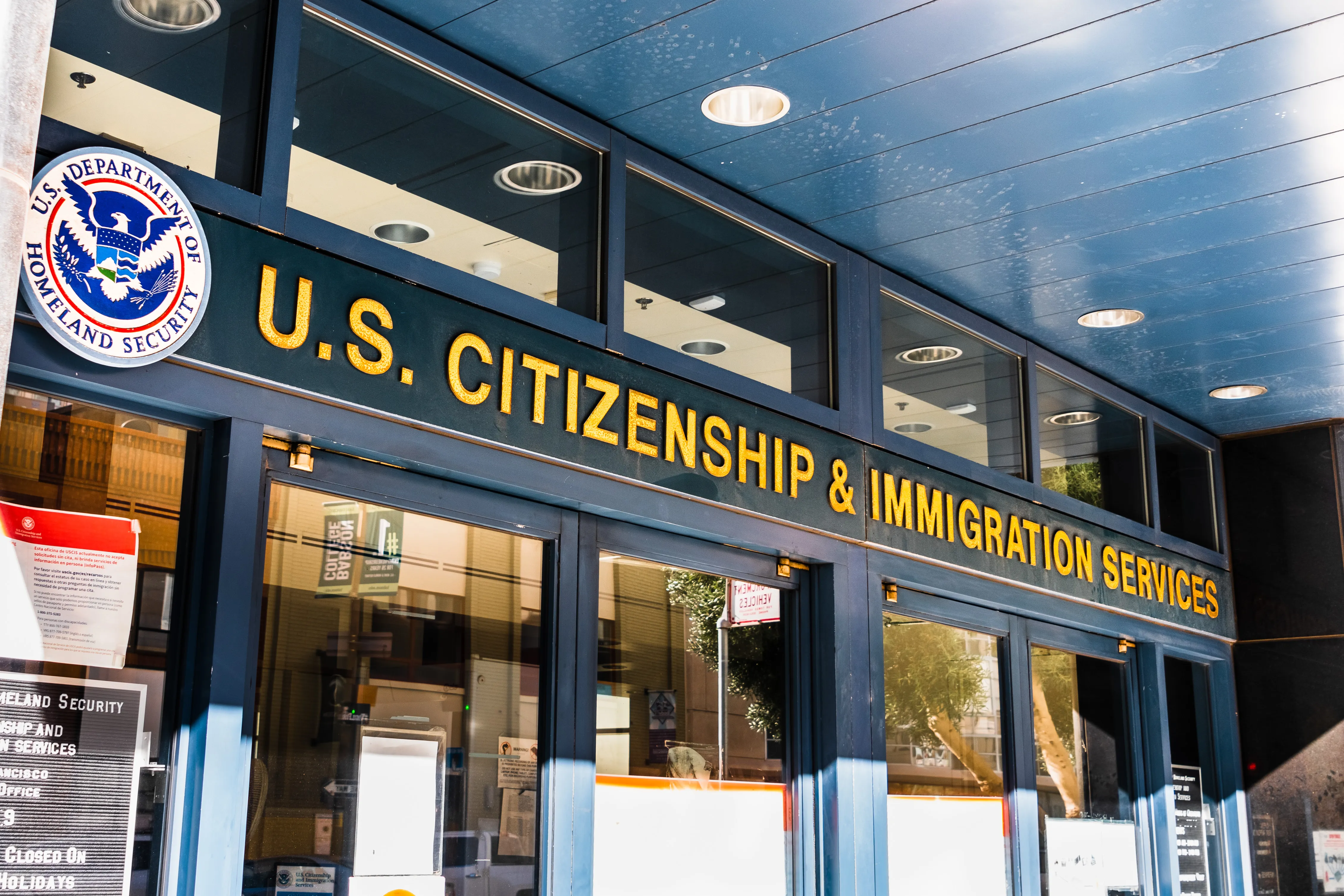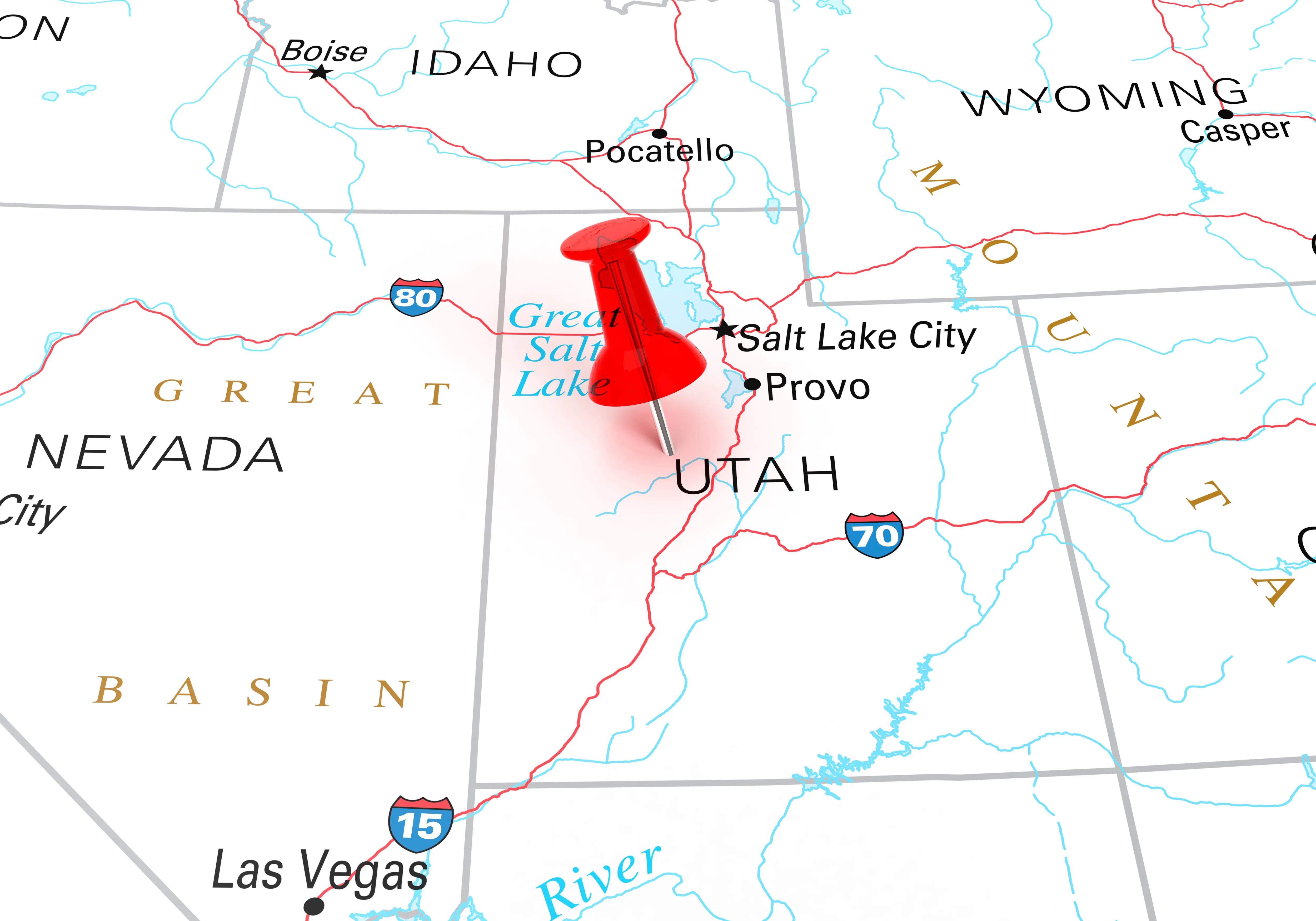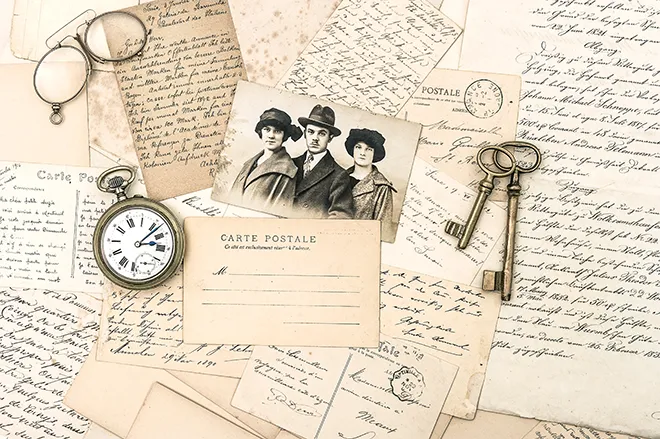
Historian: Past U.S. events offer clues for leaders to confront today's division
© Delpixart - iStock-607610082
Click play to listen to this article.
(Wisconsin News Connection) Election Day is inching closer and the battleground state of Wisconsin will see more visits from the two main party presidential campaigns.
It was also the setting of a forum featuring a popular historian linking past events to the current debate over democracy.
Doris Kearns Goodwin, the renowned presidential historian, was the featured guest earlier this week at a discussion in suburban Milwaukee hosted by the United to Preserve initiative. When asked about present-day divisions and how they compare with similar turmoil in U.S. history, Goodwin pointed to the Industrial Revolution, noting it had the same effect on society as today's tech boom has.
© wildpixel - iStock-1393613016
"Globalization and the tech revolution have shaken up the economy, much as the Industrial Revolution did at the turn of the 20th century," Goodwin explained. "Think of what we went through then: It was the first time, really, that there was a gap between the rich and the poor, the first time, really, that people were from moving from the farms into the cities in record numbers."
She pointed out it fueled resentment among smaller communities, paving the way for an urban/rural divide seen today. Goodwin noted it took leaders such as former President Teddy Roosevelt, who had dealt with adversity in his own life, to channel that reflection and moderate his tone in a way that resonated with Americans from all kinds of backgrounds.
Goodwin said down the road, Lyndon Johnson had a heart attack while serving as a U.S. Senator. She said recovering from the medical scare inspired him to balance the quest for power with the need to serve the people.
"All of a sudden, one day, he just woke up and he said, 'Get me shaved, I'm ready to be back.' And he (a staffer) said, 'Well, what happened?' And he (Johnson) said, 'Well, I was lying here thinking what if I died now, what would I be remembered for? I have accumulated a lot of power, I've accumulated wealth, but have I really done something to make a difference in people's lives?'" Goodwin recounted.
Goodwin emphasized Johnson then became laser focused on advancing civil rights policy, even when the odds were stacked against him while serving as president. She noted it does not mean there weren't hard lessons learned along the way, with Johnson known for sometimes yelling at colleagues in humiliating fashion and regretting it the next day. Conversely, she pointed out Abraham Lincoln would write out a letter in anger but would set it aside and never have it delivered to the recipient, with it serving as a "cooling off" tool.

















